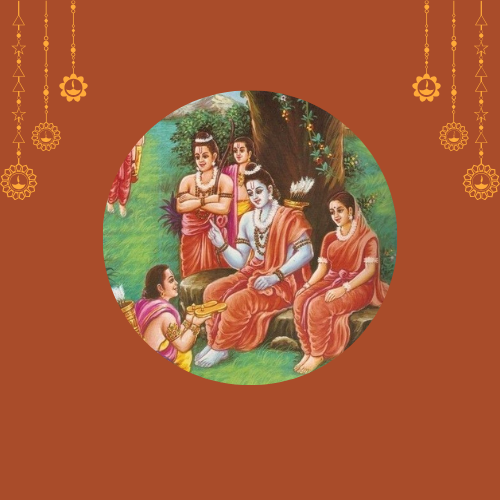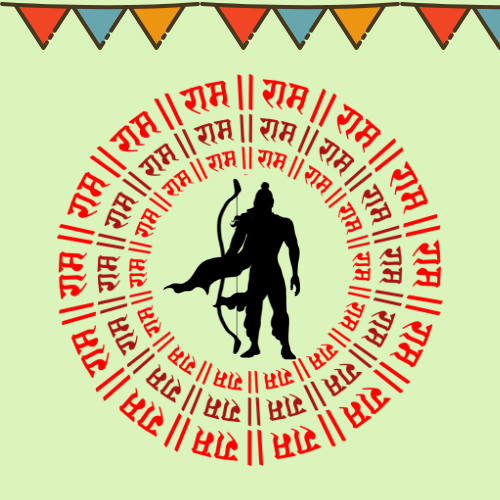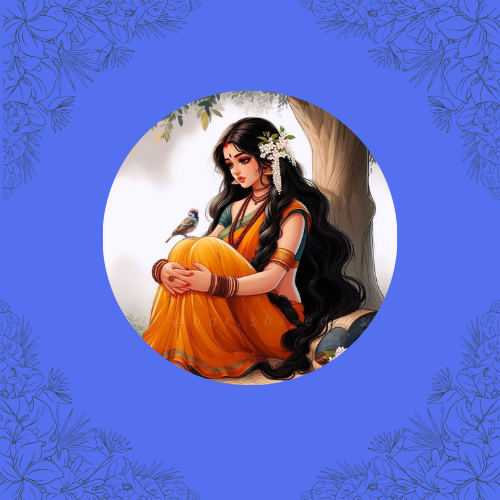While Lord Rama is often celebrated as the hero of the Ramayana, Bharata, his younger brother, quietly shines as one of the most noble, selfless, and devoted characters in the entire epic. His actions speak louder than words, and his unwavering devotion to Rama provides powerful life lessons on love, sacrifice, humility, and righteousness.
Let’s delve into the lessons we can learn from Bharata’s character and his legendary devotion to Lord Rama.
1. Selfless Love and Loyalty
When Bharata learned that his mother, Kaikeyi, had sent Rama into exile and secured the throne for him, he was heartbroken and furious. Despite being the legal heir to the throne, Bharata refused to accept the kingdom that came at the cost of injustice.
🔹 Lesson: True love is selfless. Bharata chose loyalty over luxury, teaching us that relationships are more valuable than power or position.
2. Respect for Dharma Over Personal Desire
Bharata could have easily ruled Ayodhya as a king in Rama’s absence. But instead, he walked barefoot to the forest to persuade Rama to return and claim his rightful throne.
When Rama declined, citing his duty to fulfill their father’s promise, Bharata accepted Rama’s decision with reverence and took Rama’s slippers (paduka) back to Ayodhya.
He placed them on the royal throne and ruled as Rama’s representative, not as king.
🔹 Lesson: Bharata’s life is a reminder that upholding dharma (righteous duty) is more important than personal gain.
3. Humility in Leadership
Though he ruled the kingdom in Rama’s absence, Bharata:
- Lived like an ascetic,
- Dressed in simple clothes,
- Stayed outside the royal palace in a small hut at Nandigram,
- And waited patiently for Rama’s return.
He considered himself a caretaker, not a ruler, and made no decisions without consulting Rama’s principles.
🔹 Lesson: True leaders are humble and service-oriented, understanding that leadership is about responsibility, not authority.
4. Respect for Elder Siblings and Family Bonds
Bharata never blamed Rama for the exile, nor did he take sides in family politics. His love for Rama remained pure and untouched by greed or jealousy.
He respected his mother Kaikeyi, even though he disapproved of her actions, showing emotional maturity and control.
🔹 Lesson: Family bonds must be honored with respect, patience, and forgiveness, even during conflict.
5. Deep Spiritual Wisdom
Though Bharata was a prince trained in warfare and administration, his actions reveal a soul deeply rooted in spiritual values.
By placing Rama’s paduka on the throne, he symbolized that divine authority and righteousness should always guide leadership.
His decisions were not led by emotion or ambition, but by spiritual clarity and a sense of duty.
🔹 Lesson: A spiritually guided life leads to inner peace and moral clarity, even in times of difficulty.
6. Sacrifice Without Expectation
Bharata never once demanded praise or recognition for his sacrifice. He lived simply, endured emotional pain, and remained loyal for 14 years—all without expecting any reward or glory.
🔹 Lesson: True devotion is silent, consistent, and unconditional. It is driven by love, not the desire to be acknowledged.
Conclusion
Bharata’s devotion in the Ramayana is one of the greatest examples of brotherly love, moral strength, and humble leadership. His story teaches us that:
✅ Power without righteousness is hollow,
✅ Relationships must be rooted in trust and sacrifice,
✅ And real devotion lies in action—not words.
In today’s world of ambition and materialism, Bharata’s character reminds us that honor, humility, and unconditional love still matter—and they always will.
Read Next:



